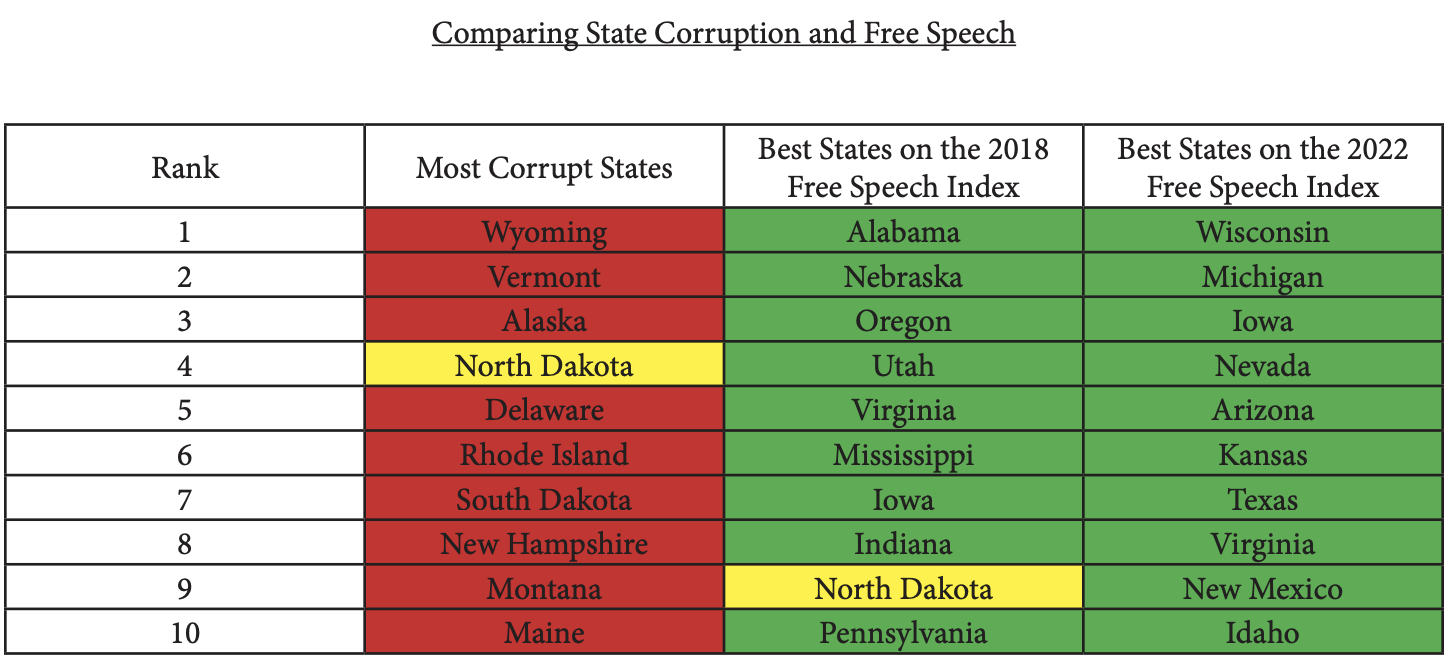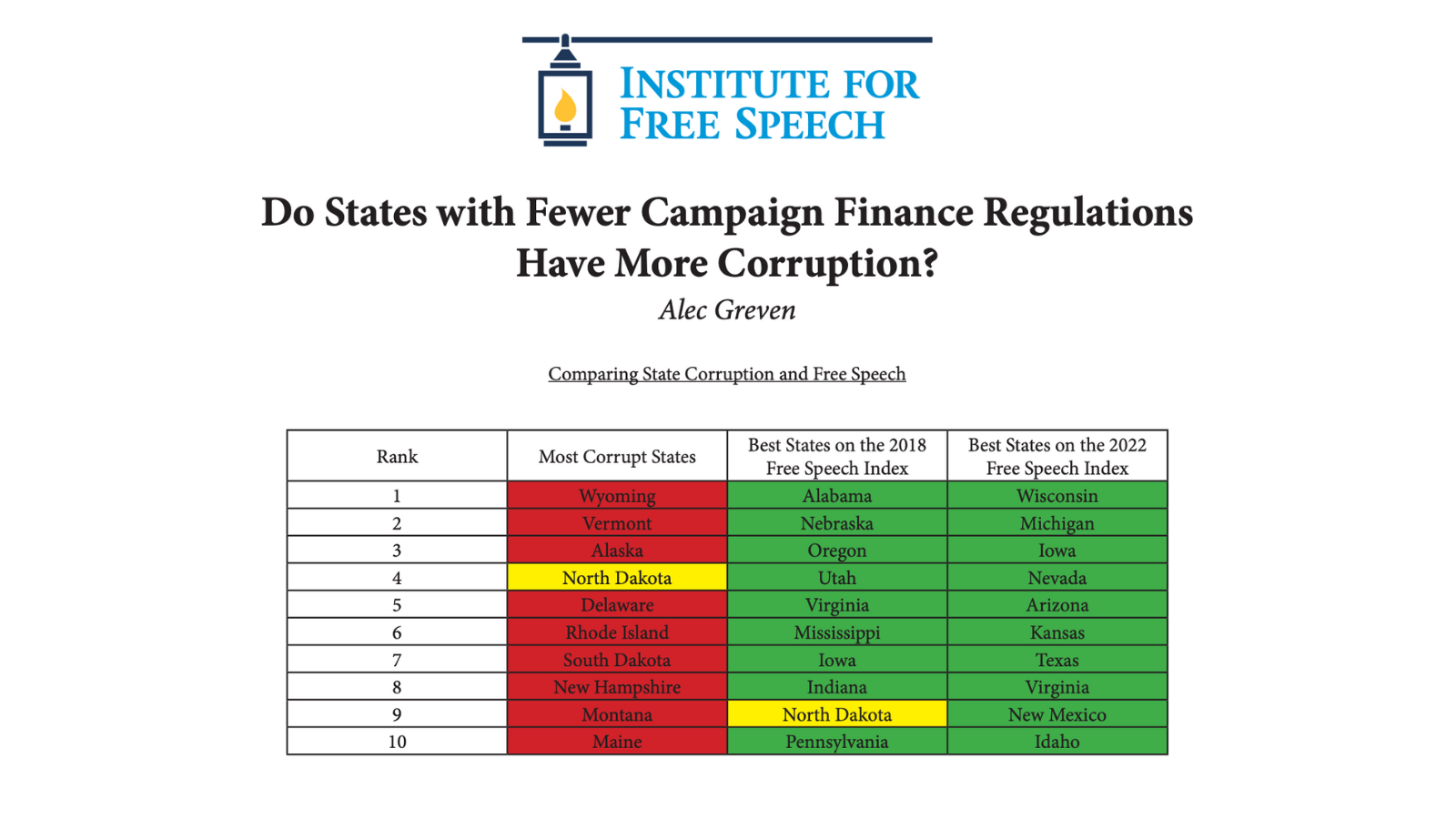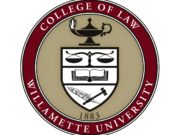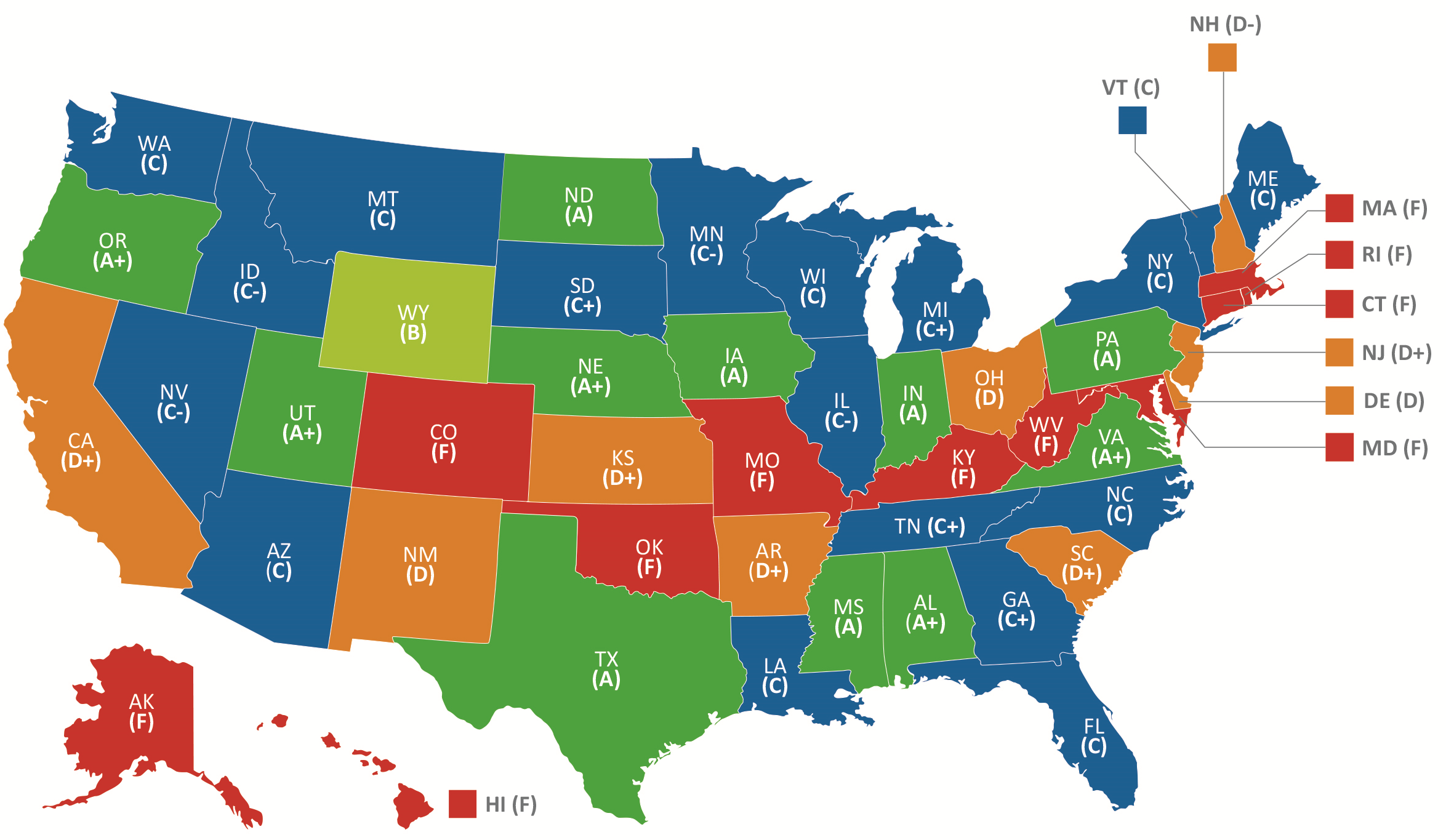The impact of campaign finance regulations on corruption is important for two related reasons. First, campaign finance statutes are often passed with a claim by sponsors that the measure would protect against corruption. Second, the corruption mitigation effects are central to the constitutionality of the laws themselves.
Most campaign finance regulations implicate the First Amendment because they limit how individuals and groups can raise and spend money to speak on political issues. In the landmark campaign finance decision Buckley v. Valeo, the Supreme Court ruled that preventing corruption or the appearance of corruption are the primary legitimate government interests justifying campaign finance laws.[1] Any campaign finance regulation, therefore, that limits free expression without demonstrating it prevents corruption or the appearance of corruption is constitutionally suspect.
This report examines the relationship between the states with the most corruption and the states that offer the widest range of free political expression. The states that perform the best on free political expression metrics, in this context, are those that have the fewest campaign finance restrictions. If more campaign finance regulations indeed prevent corruption, then we would expect that states with the least campaign finance restrictions to have higher rates of corruption.
The report finds the opposite. Almost no states that rank highly for free political expression are highly ranked states for corruption. In fact, states that have the most robust free expression protections outperform the national average for per capita rates of corruption.
Research Methodology
This report compares data from three sources. The first set of data on the most corrupt U.S. states comes from the World Population Review, which drew its conclusions from a 2021 analysis of Department of Justice findings.[2] These rankings produce a list of the ten most corrupt states, measured by the rates of political corruption convictions per capita, in the United States and are listed in the table below.[3]
The second column is the 2018 ranking of the top states with the most freedom in political giving for various groups.[4] The report was developed by the Institute for Free Speech and is the most comprehensive analysis of states on the restrictions on political giving. The top 11 ranked states allow for unlimited giving by individuals to candidates, political parties, and social causes at the time of publication.
The third column is the 2022 rankings of states in the Free Speech Index, which ranks the states on their laws regulating political engagement.[5] This report is the most comprehensive analysis published on state regulations on free political expression rights. The states that perform best on these metrics have the most freedom for individuals and groups to engage in political speech and the fewest restrictive campaign finance and grassroots lobbying regulations. The states that scored in the top 10 for political expression freedom had significantly higher scores (ranging from 57% to 86%) than the 50-state average of 46%.
The first chart compares the top ten most corrupt states to the best performing states on the 2018 and 2022 free speech indices. Then, the average per capita rate of corruption per 10,000 residents is taken for all states and compared to the top ten states on the 2018 and 2022 free speech indices. Smaller numbers indicate less corruption.


Findings
If very restrictive campaign finance regulations are successful in reducing the prevalence of corruption, then we should expect that states with the least restrictive campaign finance systems to rank highest on corruption measures. This is not the case. Not a single state in the top ten of the 2022 Free Speech Index is ranked among the ten most corrupt states. And just one state (North Dakota) is ranked in both the top ten most corrupt states and in the top ten of the 2018 Index of contribution limits. The vast majority of states that allow for unlimited campaign giving do not fall on the list of most corrupt states.
Examining the national per capita rate of political corruption convictions tells the same story. The national rate is 14.4 corruption convictions per 10,000 residents. For the top 10 states in the 2022 free speech index, the average was 8.5, or 41% less than the national average. The top states in the 2018 index also outperformed the national average. In all these metrics for political speech freedom, the groups of states with the least restrictive campaign finance regulations are better than average in terms of per capita corruption.
Limitations
This study, of course, does not prove that states guaranteeing the strongest free expression rights lead to lower corruption. It simply compares the most corrupt states to those with the best free speech practices and the average corruption convictions for the freest states to all states. It is possible that states that are the most corrupt would be even more corrupt without their more restrictive campaign finance regulations. Or it could be the corruption convictions don’t accurately reflect the actual corruption that exists in a state. Federal prosecutors may have different prosecutorial priorities in each state. Also, the rate of corruption convictions is, fortunately, relatively low so there could be substantial variations in the data from year to year.
Further, levels of corruption are notoriously difficult to measure. As such, these state corruption rankings may not be reliable. Other studies, however, find similar results that states with more restrictive campaign finance laws do not have lower rates of corruption or the appearance of corruption.[6]
Given the burdens that campaign finance laws have on political speech, those advocating for harsher campaign finance restrictions bear the burden of proof that restrictions on political speech prevent corruption. Because states with the best free expression practices are not highly corrupt, and may be less corrupt, compared with states with harsher laws for political expression, the presumption should be that restrictive campaign finance laws do not reduce corruption. Advocates for these laws should seek better evidence if they look to enact or uphold them.
Conclusion
States that have the best environments for free expression do not show higher levels of corruption, and more robust free expression may decrease corruption. The latter possibility makes intuitive sense. If residents can speak freely to criticize government officials and candidates, this information could lead to more honest candidates winning elections and the exposure of corrupt practices. Given these findings, lawmakers and citizens should not look to campaign finance laws as an effective tool to weed out malfeasance. Instead, these findings should make them more confident in expanding political speech protections in their states without increasing corruption.
[1] Buckley v. Valeo, 424 U.S. 1 (1976).
[2] “Most Corrupt States 2023,” World Population Review, accessed February 14, 2023, https://worldpopulationreview.com/state-rankings/most-corrupt-states.
[3] The ranking in based on a portion of the Corruption Index Scores generated from Best Life for each state. The World Population Review ranking considered only the data from the Best Life ranking on corruption convictions per 10,000 residents from the United States Department of Justice for convictions that breach the public trust, such as bribery. The other Best Life ranking variables, such as the rate of medical malpractice, the strength of state anti-corruption measures and ethics departments, judicial accountability, access to information, and oversight departments, were not considered in this analysis.
[4] Blackburn, Scott “Free Speech Rankings – Grading 50 States on Political Giving Freedom,” Institute for Free Speech, March 2, 2018, https://www.ifs.org/research/freespeechindex/.
[5] Blackburn, Scott “Free Speech Index,” Institute for Free Speech, August 8, 2022, https://www.ifs.org/research/free-speech-index/.
[6] See Alec Greven, “Has Citizens United Increased Corruption? An Examination of Public Corruption Prosecutions,” Institute For Free Speech, September 3, 2020, https://www.ifs.org/research/citizens-united-corruption/. Alec Greven, “The Mirage of Corruption: An Analysis of the Supreme Court’s ‘Appearance of Corruption’ Standard,” Institute For Free Speech, August 8, 2022, https://www.ifs.org/research/the-mirage-of-corruption-an-analysis-of-the-supreme-courts-appearance-of-corruption-standard/. David Primo and Jeffrey Milyo, Campaign Finance and American Democracy: What the Public Really Thinks and Why It Matters (University of Chicago Press, 2020). Daron Shaw, Brian Roberts, and Mijeong Baek, The Appearance of Corruption: Testing the Supreme Court’s Assumptions about Campaign Finance Reform (Oxford University Press, 2021). Joe Albanese, “Do Lower Contribution Limits Decrease Public Corruption?,” Institute For Free Speech, August 1, 2013, https://www.ifs.org/research/updated-issue-analysis-5-do-lower-contribution-limits-decrease-public-corruption/.














